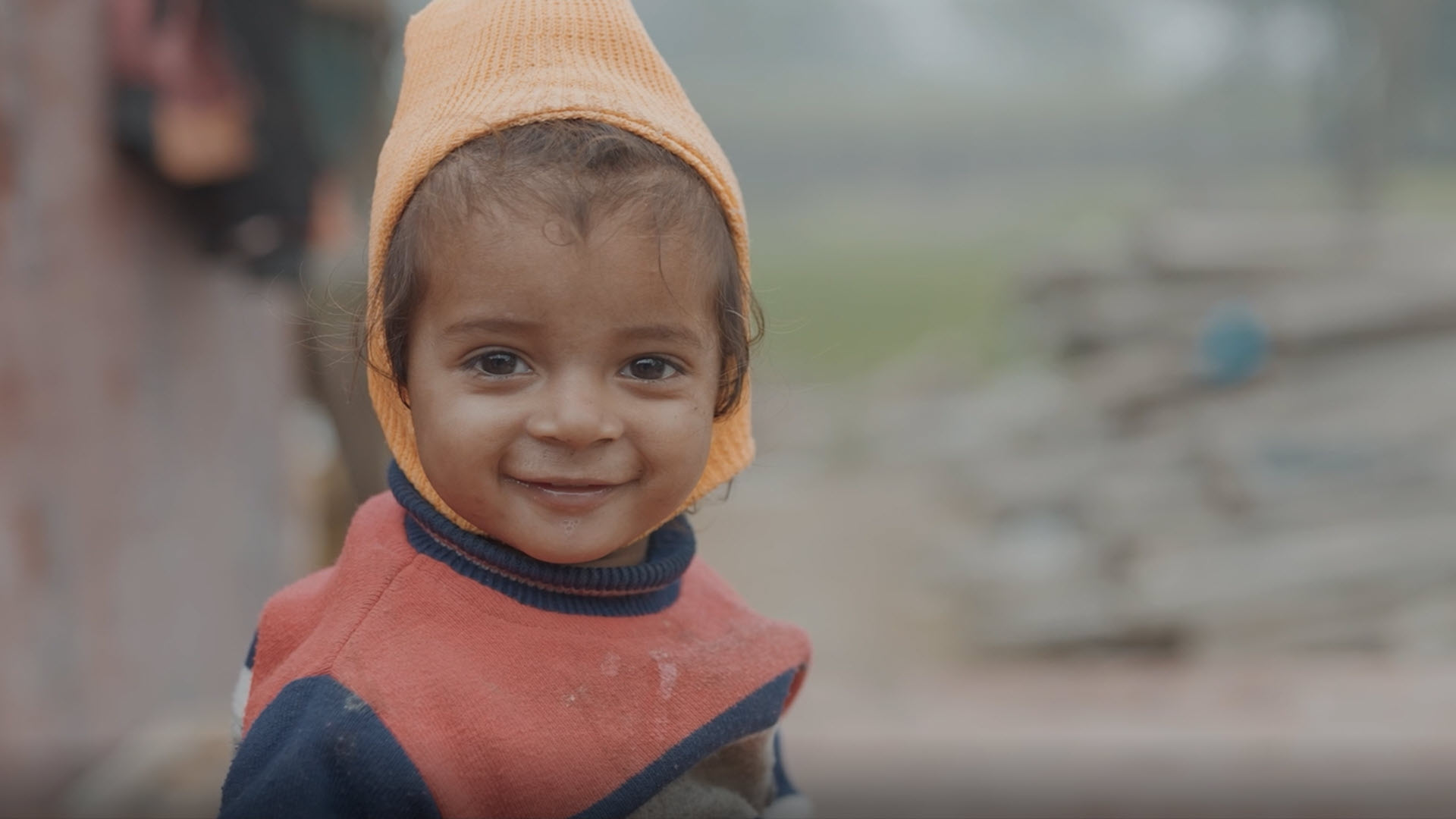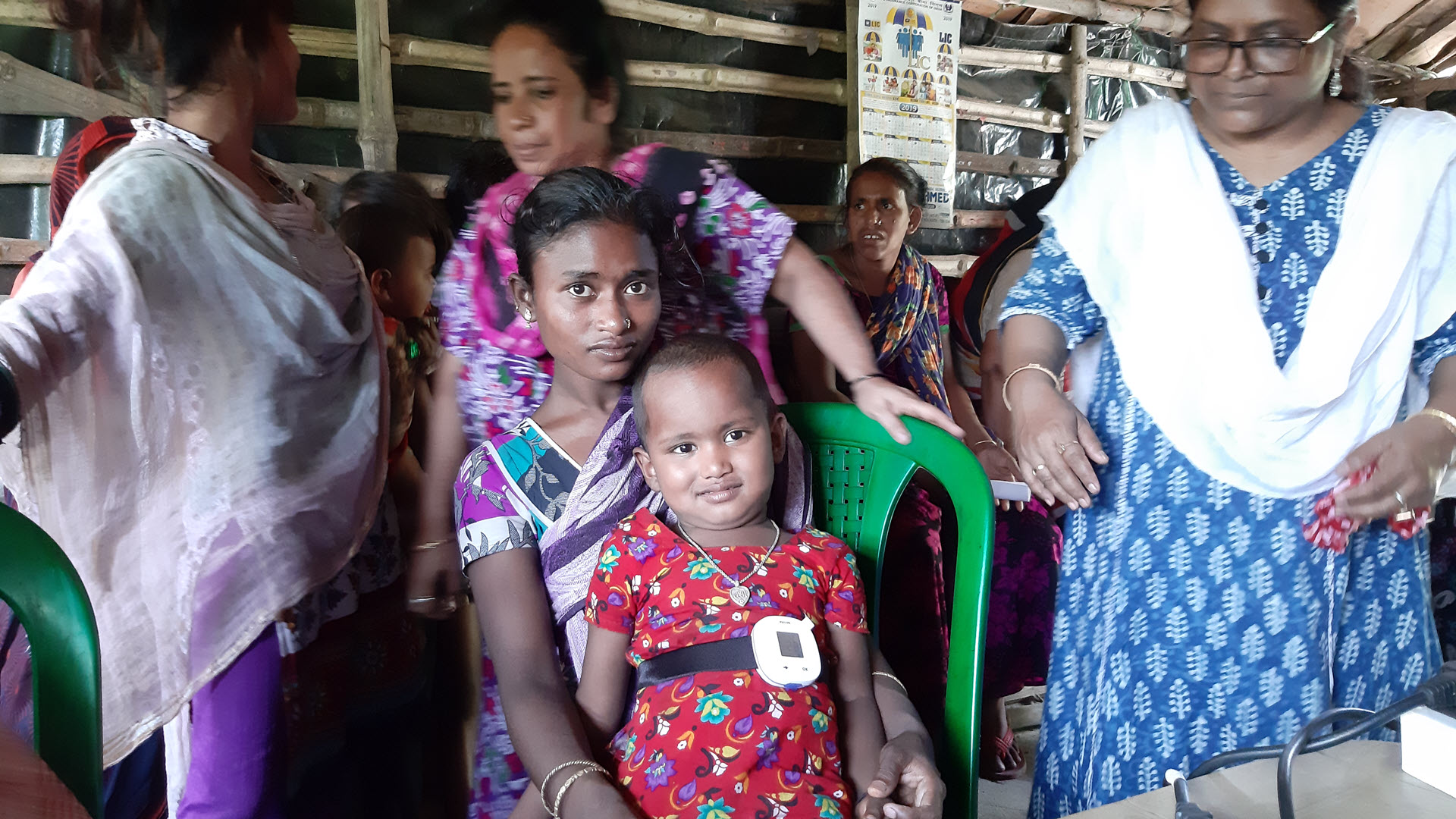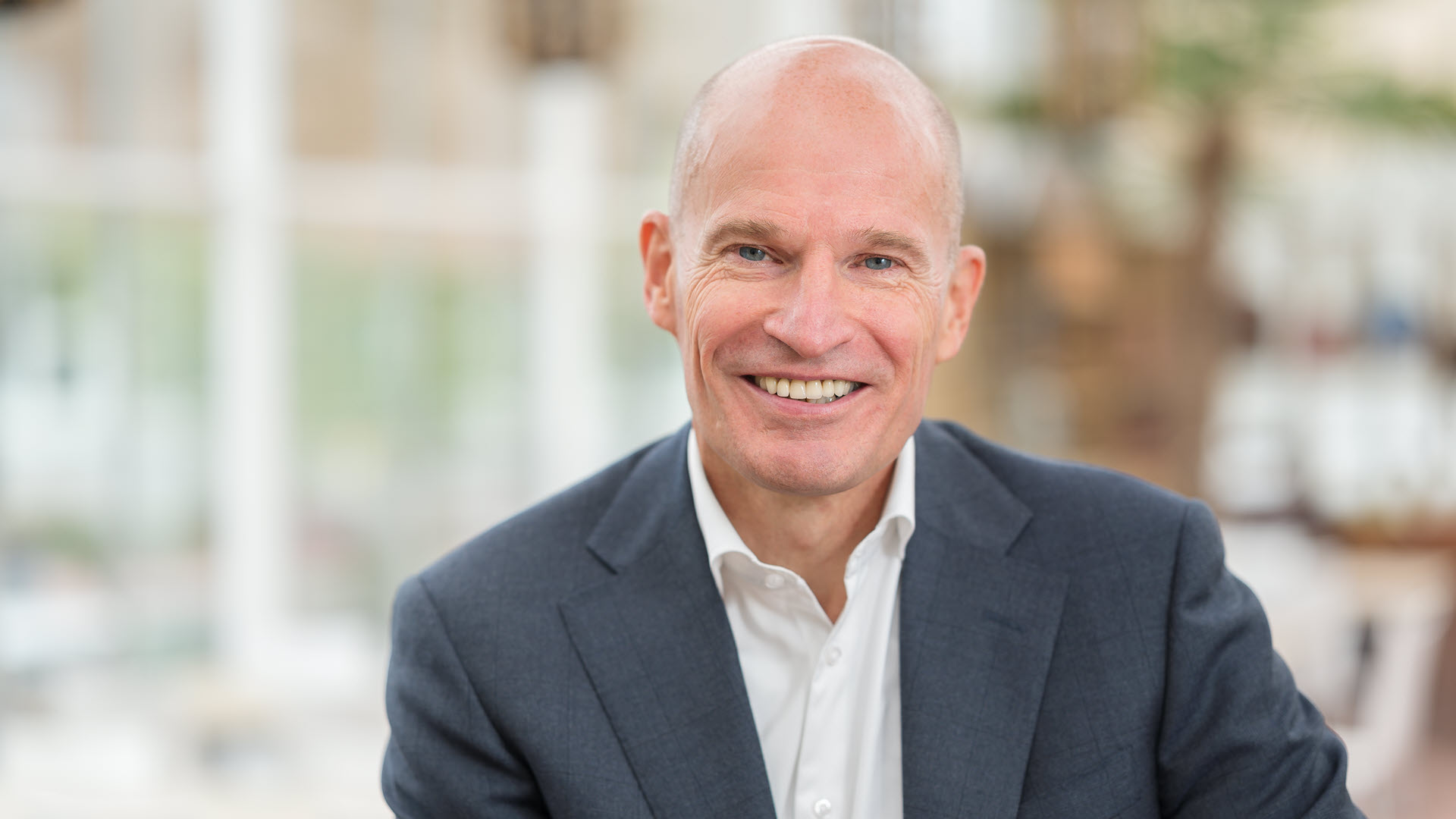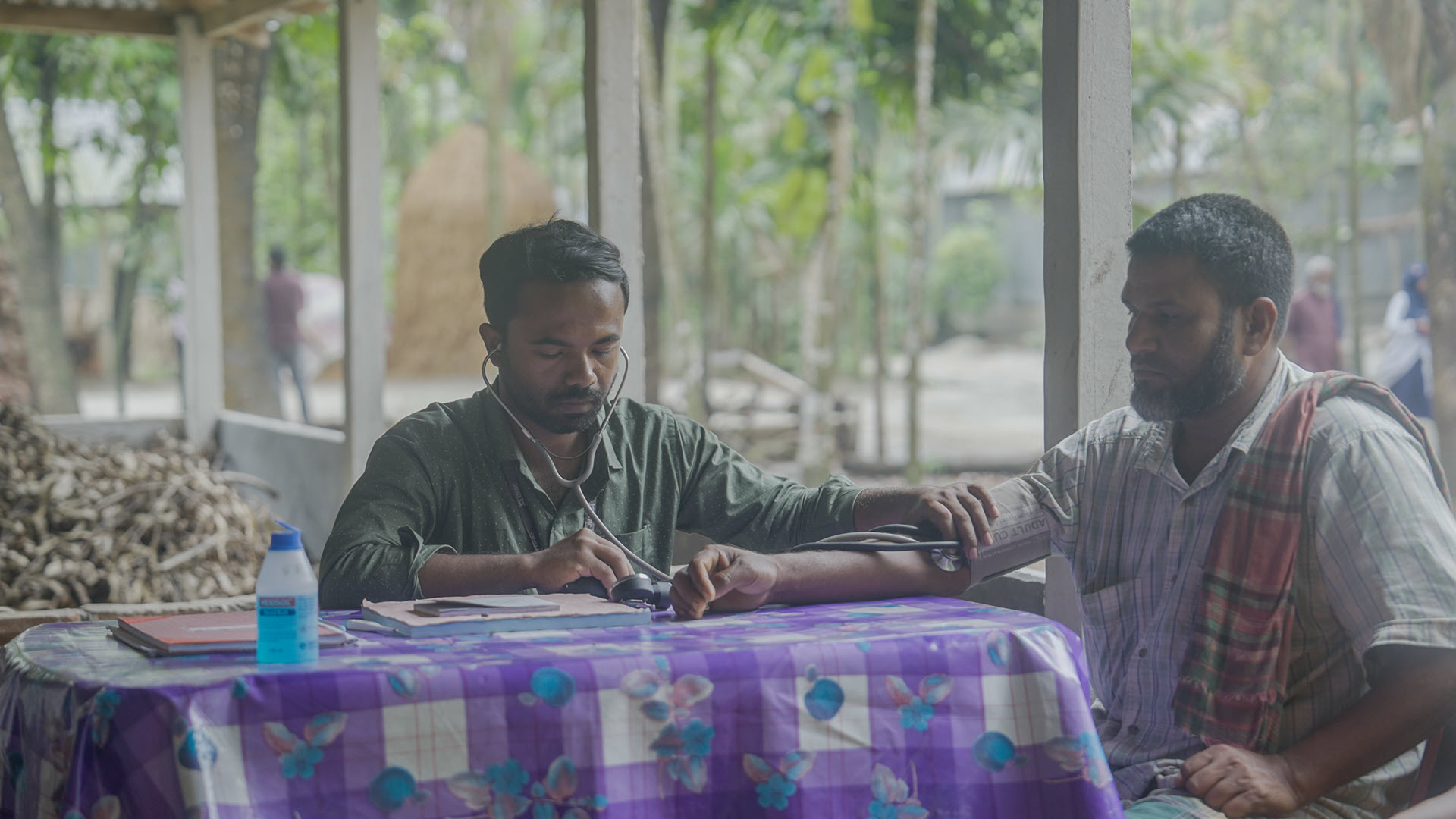A focus on non-communicable diseases in India
In India, Philips Foundation is concentrating on preventive healthcare, early detection diagnostic solutions, and health education to help reduce the growing burden of disease.
These efforts are crucial in addressing the prevalence and mortality of non-communicable diseases (NCDs) such as diabetes, hypertension, and heart disease – particularly among underserved populations with limited access to regular screenings and ongoing care. Over the past few decades, NCDs have become a major public health challenge in India, with the proportion of deaths due to NCDs rising from 37.9% in 1990 to 61.8% in 2016 [1].
One key factor contributing to high NCD-related mortality rates is the regional disparity in healthcare provision, and associated low utilization of primary care services, in rural areas [2]. Urban areas in India are equipped with advanced hospitals and specialists, while rural regions often lack basic healthcare facilities. Around 65% of India’s population resides in rural areas, yet only 25% of the country’s healthcare infrastructure serves these regions [3], leading to delayed or inadequate treatment. Additionally, a large portion of India’s population lives below the poverty line, making out-of-pocket healthcare expenses a significant burden.
"In India, where 65% of our population lives in rural areas but only 25% of healthcare infrastructure serves them, bridging this gap is crucial. At Philips Foundation, we are leveraging innovative technology – from portable diagnostics to AI-driven tools and telehealth – to empower local healthcare workers. Through meaningful innovation, we are ensuring quality healthcare reaches those who need it most," said Sharad Kumar, Head of Legal, Philips Indian Subcontinent.









